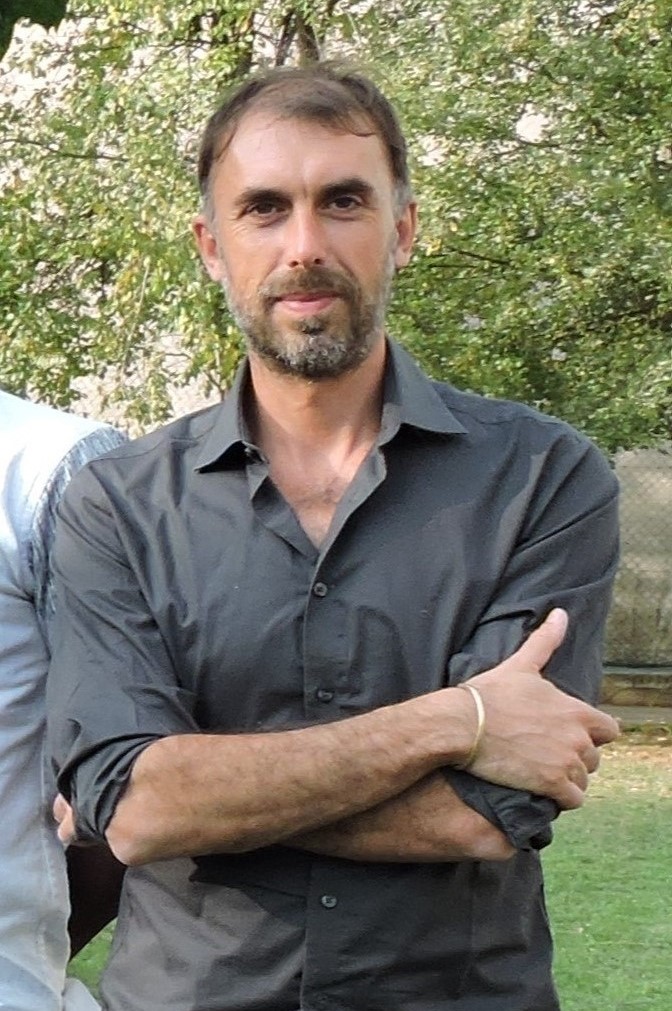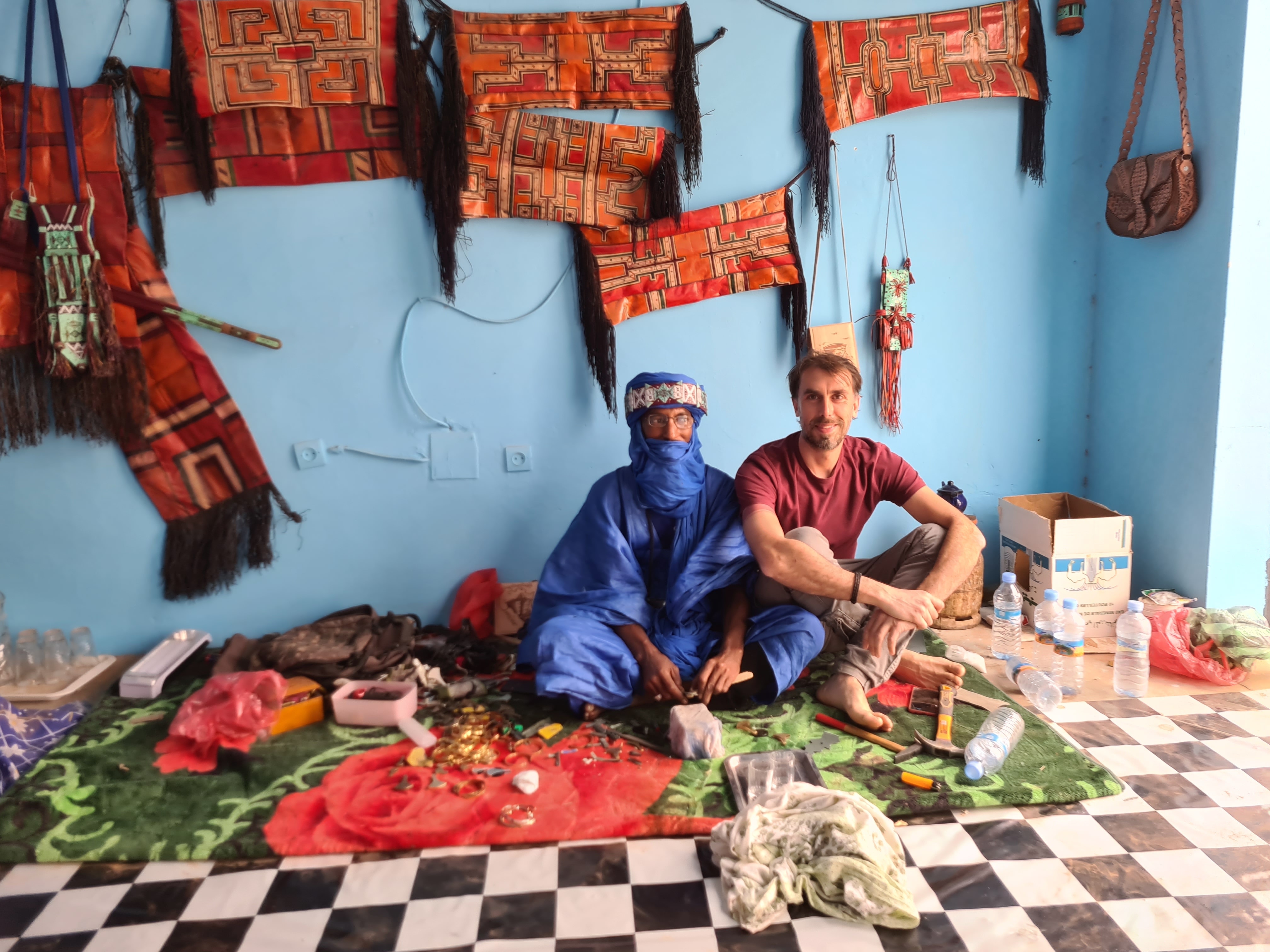08-04-2025 | di COOPI
In the heart of the Sudanese crisis: humanitarian challenges and international responses
Widespread food insecurity, millions of displaced people and major obstacles to humanitarian aid: nearly two years into the civil war in Sudan, the humanitarian crisis has reached a breaking point. Since the conflict erupted in April 2023, 12.7 million people have been forced to flee their homes, 30.4 million are in urgent need of assistance and 24.6 million are facing severe food insecurity. Many of the displaced are cut off from basic services like healthcare, education, water and nutrition, while food, when it is available, has become increasingly unaffordable due to skyrocketing prices.

This is the picture painted by Damiano Lotteria, former Area Manager for East Africa and current Program Advisor for COOPI in Sudan. He has just returned from a month-long mission to Port Sudan, the country's main humanitarian hub, which also serves as the temporary headquarters for the government and transitional institutions.

In this interview, he discusses the key operational challenges in a context where the crisis is worsening day by day and reiterates COOPI’s call for the international community to devote more attention and resources to the Sudanese crisis.
What are the main challenges the Sudanese communities are facing right now?
The challenges are immense, given the scale of the needs and the complexity of the political crisis. The most severe levels of food insecurity have been declared for half of the country’s population. Unfortunately, this was a predicted disaster and it has not been possible to do everything that was needed due to the intensity of the conflict and the inability to access areas controlled by armed groups.
What are the main challenges COOPI faces in implementing projects in Sudan?
The primary challenges are related to the safety of both staff and operations, as well as the safety of the beneficiary communities: it’s a continuous process of adapting to the changing situation, requiring the utmost professionalism and coordination at every level.
What do you think can be done to respond to this dire emergency?
We need to do more than what has been done so far, especially since only 8% of the requested funds have been provided by the international community. It is crucial to keep raising awareness about the situation in Sudan, to bring visibility to a country currently facing the world’s most severe humanitarian crisis, yet one that lacks sufficient media coverage. It’s important to mobilize civil society, governments and international institutions to offer diplomatic support, pushing the warring parties to negotiate a ceasefire and expand humanitarian space. Above all, it’s essential to increase the resources needed to provide immediate assistance to affected populations, with a particular focus on protecting the most vulnerable – women, children and the sick – and ensuring access to food, water and adequate healthcare services, both for the displaced and host communities within Sudan and for Sudanese refugees in neighboring countries, who are living in conditions of extreme vulnerability.
Looking ahead, what are COOPI's priorities in Sudan over the next few years?
The long-term priorities remain the same: focusing on strengthening the resilience of local communities, our partners and local institutions [Editor’s note: Resilience here refers to the ability to positively adapt to changes and mitigate the effects of external shocks such as conflicts, natural disasters, etc. This involves providing production tools, technical skills and necessary resources, as well as valuing local knowledge, while respecting the values and development paths that the communities themselves wish to pursue]. In the short term, the main challenge is to provide humanitarian assistance to save the lives of those at risk. In the medium term, priorities will include supporting the return of displaced communities – millions of people – and rebuilding the country, particularly its destroyed infrastructure such as hospitals, schools and housing. Another key goal will be to promote social cohesion among communities in a country marked by severe human rights violations, both ethnic and gender-based.
What do you think needs to be done at the international and local levels to continue supporting the Sudanese people in the coming years?
It’s essential to support the country in its journey toward peace and the implementation of political, judicial and economic reforms, aiming for a system that ensures equal rights for all and fosters peaceful coexistence among its diverse ethnic and community groups.
Despite the ongoing war, Lotteria highlights Sudan’s remarkable grassroots mobilization. In 2019, the population led a peaceful revolution that resulted in the fall of the military regime and today civil society continues to play a key role in humanitarian assistance. Through local initiatives, like emergency rooms and community kitchens, thousands of volunteers have been providing food to the most vulnerable, often at great personal risk.
COOPI has been active in Sudan since 2004, carrying out over 120 projects to support communities affected by conflict and disasters. These projects focus on water, sanitation and hygiene, protection, humanitarian assistance, food security and livelihoods and disaster risk reduction. In emergencies, COOPI distributes essential supplies, sets up temporary shelters and works closely with local authorities, international organizations and volunteers to ensure a coordinated and effective response.




 Sudan
Sudan